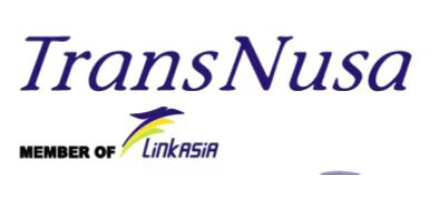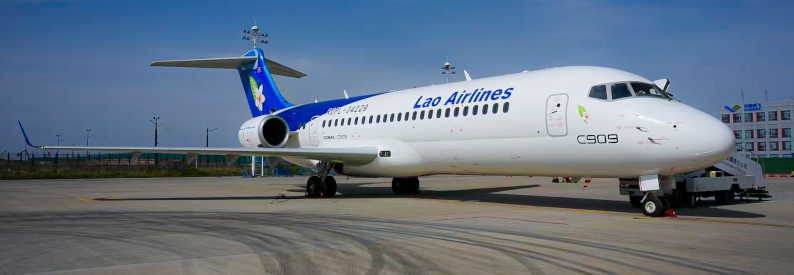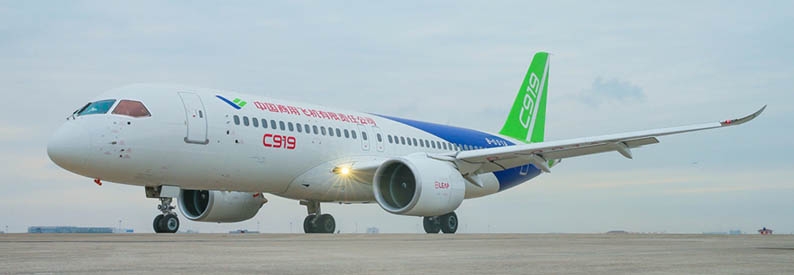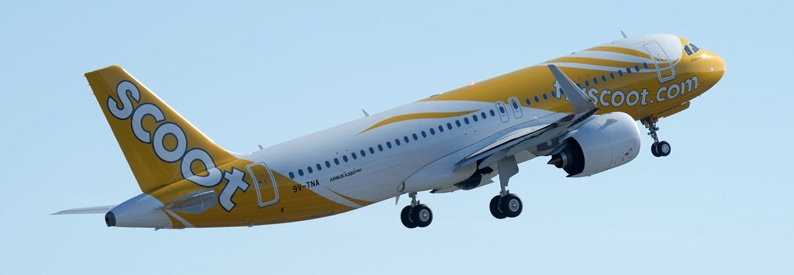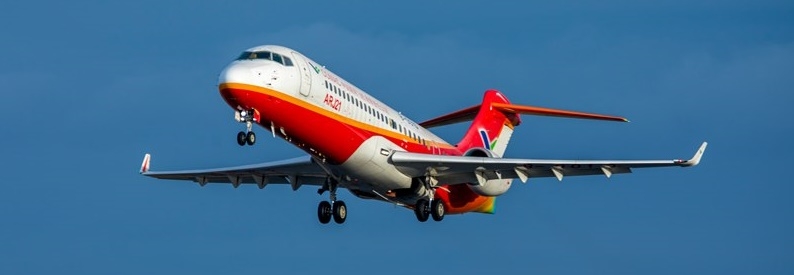Indonesian carrier TransNusa (8B, Jakarta Soekarno-Hatta) will launch its first international route in mid-April. It will begin Jakarta Soekarno-Hatta - Kuala Lumpur International flights on April 14, to be followed by a roll-out of scheduled services between Jakarta and other Malaysian airports, including Johor Bahru.
The airline will use its three A320-200s and single A320-200N on the sector and operate the round-trip Jakarta-Kuala Lumpur flights 2x daily. TransNusa group chief Bernard Francis told local media that the service would help meet strong passenger demand on the route. Traffic on the Indonesia-Malaysia country pair leans heavily towards Indonesian nationals who travel to Malaysia for business, tourism, and education reasons.
According to ch-aviation Commercial Aviation Operator Capacity Data data, seven scheduled passenger carriers already service the route. With the biggest market share is Malaysia Airlines (23.4%), followed by Batik Air Malaysia (21.98%), Indonesia AirAsia (19.48%), AirAsia (12.98%), Batik Air (11.69%), Garuda Indonesia (5.84%), and Citilink (4.64%). In total, the airlines offer almost 39,000 seats a week on the city pair.
TransNusa has secured the necessary approvals for the Kuala Lumpur flights from both Indonesian and Malaysian authorities, Bernard said, and over five days from March 17 it had sold 800 tickets on the route. He added: "For now, we will stick to KLIA. But because everybody is interested in Kuala Lumpur Subang, we will try to fulfil the demand and have our flights depart from Subang by the end of the year. We are already discussing an opportunity to fly to Johor Bahru from Jakarta. I've met with Sabah Tourism and Sarawak Tourism to explore opportunities. It's a greenfield market, not many direct flights."
According to reports, the Johor Bahru flights have been green-lighted by Malaysian authorities but are awaiting final approval from their Indonesian counterparts.
In addition to the four Airbus narrowbodies currently in the fleet, TransNusa also operates a single C909. Bernard did not rule out using the Chinese-manufactured aircraft on routes into Malaysia in the future if demand warrants it. He also said he expected to build up the Airbus fleet to six aircraft and the COMAC fleet to three by the end of the year.
- Type
- Base
- Aircraft
- Destinations
- Routes
- Daily Flights
